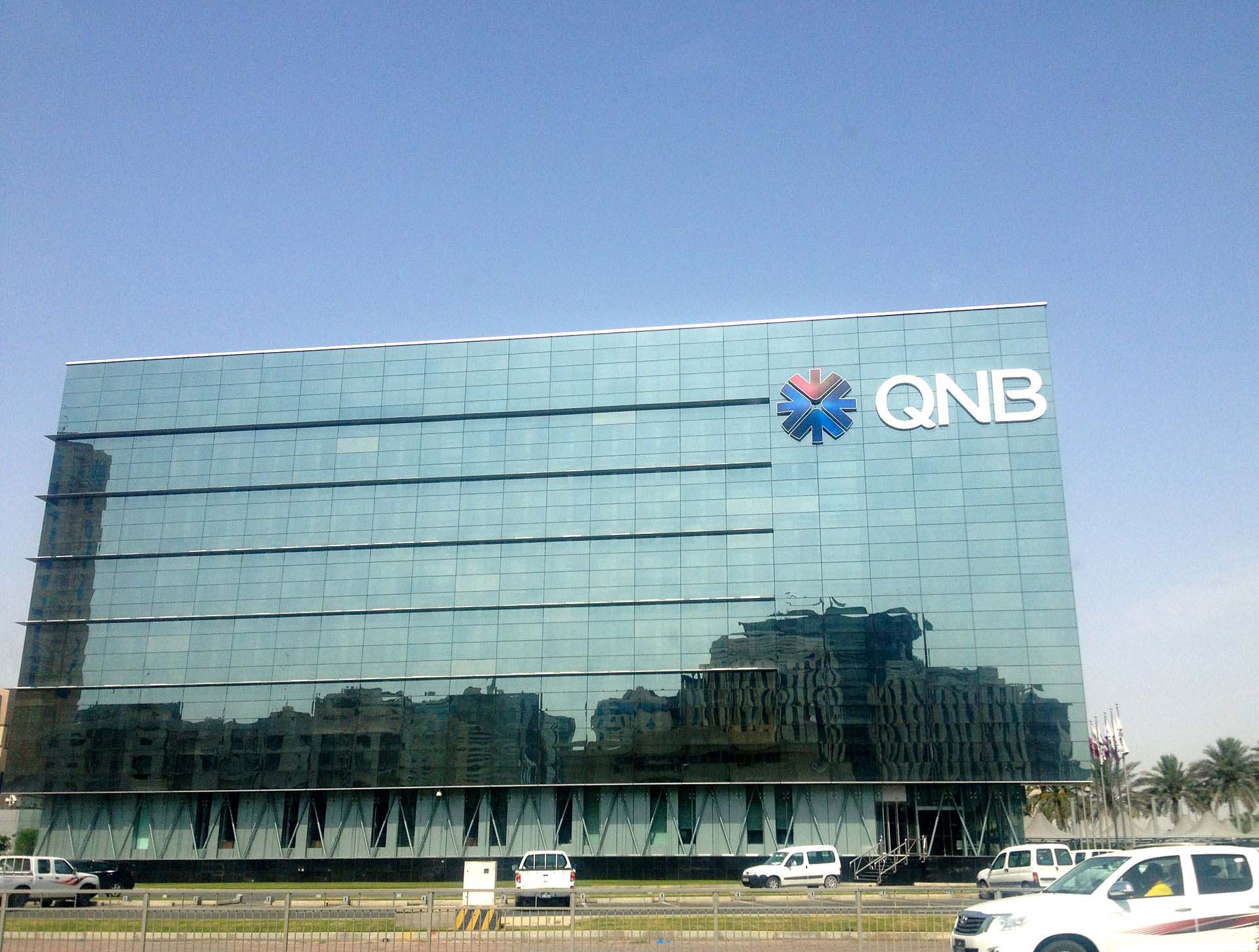Officials at the Eritrean embassy in London locked one of the Qatari bank’s lawyers in the building to hinder the delivery of court documents in 2018.
Qatar National Bank QPSC [QNB] asked a Washington, D.C. court to order Eritrea to pay about $300 million of debt after the Horn of Africa nation refused to respond to two lawsuits filed by the lender, Bloomberg reported on Tuesday.
Eritrea borrowed $200 from the Middle East’s largest lender in 2009 and 2010 and only returned $45 of the amount in May 2012 without returning the remaining amount.
The bank later sought legal recourse in the UK in 2018 per the loan agreement, and a year later, a judged ordered Eritrea to pay its creditor $254 million in addition to interest. Eritrea stopped responding to lawyers.
This prompted QNB to request a judgement by default from a US federal court on Friday after filing a complaint in the same US legal body in February, saying that President Isaias Afwerki’s government, who has ruled the country for 28 years, allegedly avoided being served with legal documents.
QNB said that Eritrea’s debt has now risen to $295.3 million, which is equivalent to more than 10% of the African nation’s $2.3 billion gross domestic product [gdp].
Avoiding legal action
QNB alleges that Eritrea has not been responsive with court rulings and chose not to defend itself in both the UK and US cases, while responding to lawyers with hostility.
The bank said in the court filings that staff at the Eritrean embassy in London even locked one of the bank’s lawyers in the diplomatic building until he agreed to leave without handing the court documents.
Another representative was also “physically assaulted” as a receptionist threw the court papers on the embassy’s pavement, after which a British judge allowed the documents to be sent via email or post.
“The receptionist physically knocked the documents out of a process server’s hands and threw them on the pavement outside the embassy’s front door,” read the bank’s complaint.
Among the documents filed by QNB was a letter sent in March 2009 by Eritrea’s Afwerki, in which he stated his commitment to repaying the loan to the Qatari bank through tax revenue and income from the Bisha mine, a gold-copper-zinc project currently run by China’s Zijin Mining Group Co. that entered production ten years ago.
Bloomberg said the legal dispute can lead to the discouragement of investments in Asmara, which already stands as the second last economy out of 190 others in the World Bank’s Ease of Doing Business rankings.
The Washington court’s decision would enable QNB identify and seize Eritrea’s overseas assets.
Follow Doha News on Twitter, Instagram, Facebook and Youtube







